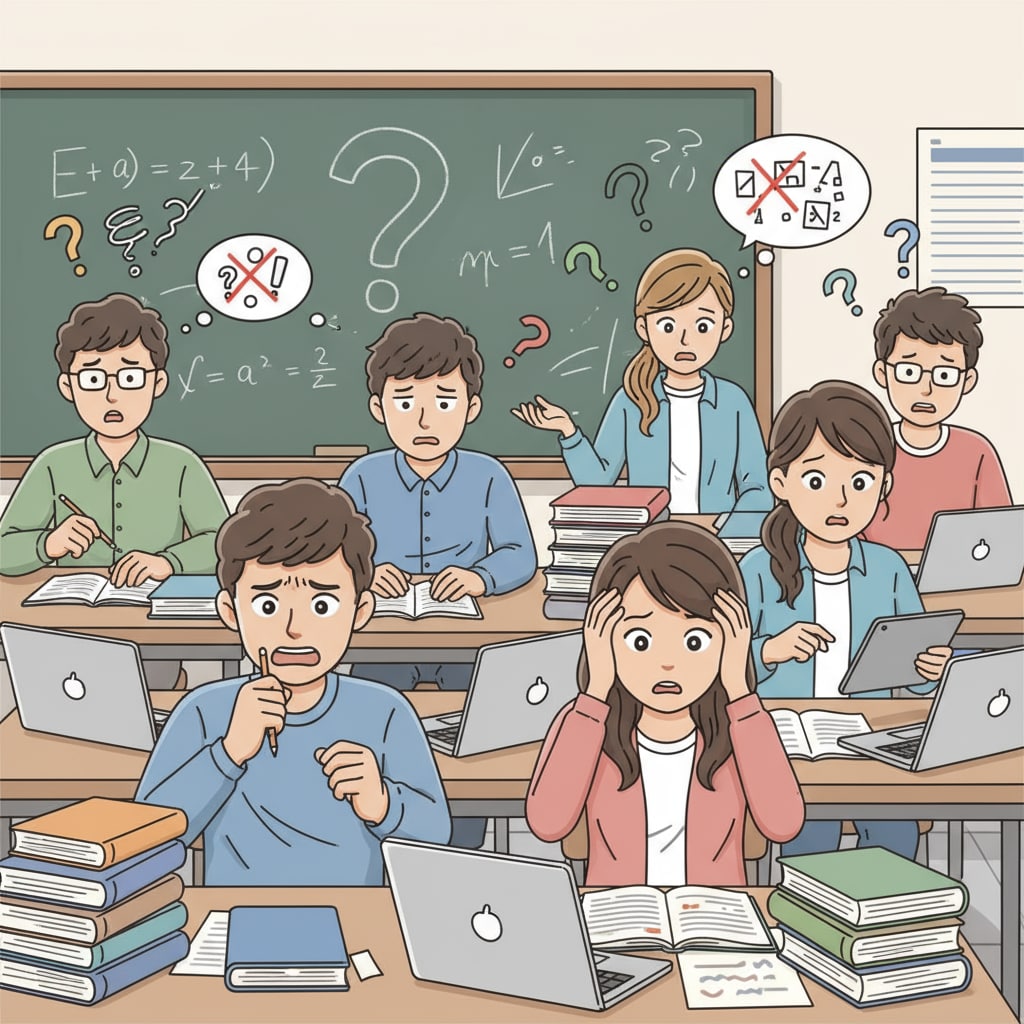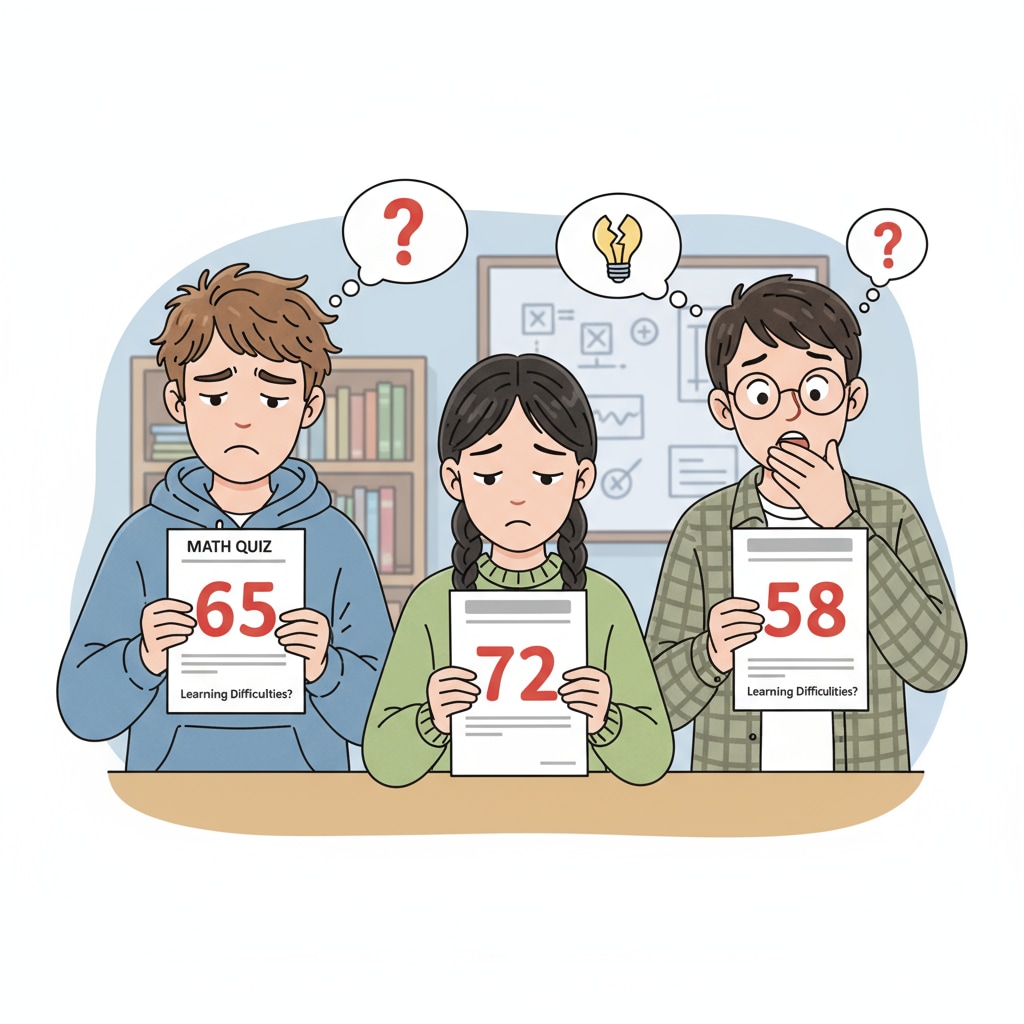Intellectual disabilities, self-doubt, and learning difficulties are common issues that many students face during their K12 education journey. These concerns can significantly impact a student’s academic performance and overall well-being. Let’s take a closer look at this phenomenon, its causes, and how to address it.

The Prevalence of Self-Doubt in K12 Education
Self-doubt often creeps in during the K12 years. As students are exposed to a variety of subjects and academic challenges, they may start to question their intellectual capabilities. For example, when facing difficult math problems or complex literature analysis, some students might think they are not smart enough. According to American Psychological Association research, a significant number of K12 students experience self-doubt related to their academic performance.
Root Causes of Intellectual Self-Doubt
There are several factors contributing to intellectual self-doubt. One major cause is the traditional educational system that often focuses on standardized testing. Students who don’t perform well on these tests may start to believe they have intellectual limitations. Additionally, peer pressure can also play a role. If a student sees their classmates excelling easily, they may feel inadequate. For instance, in a science class, if one student always gets high grades on experiments, others might doubt their own scientific abilities. Another factor could be a lack of personalized learning support. When students don’t receive the individualized attention they need, they may struggle and develop self-doubt.

The consequences of intellectual self-doubt are far-reaching. It can lead to decreased motivation to learn. When students doubt their abilities, they may be less likely to put in the effort required to master new concepts. This, in turn, can result in lower academic achievement. Moreover, it can also impact a student’s mental health. Chronic self-doubt can lead to stress, anxiety, and even depression. As a result, it is crucial to address this issue promptly.
Strategies for Rebuilding Self-Confidence and Overcoming Learning Difficulties
One effective strategy is to establish a多元智能评价体系 (multiple intelligence assessment system). Instead of relying solely on traditional tests, educators should evaluate students based on a wide range of abilities, such as creativity, problem-solving, and interpersonal skills. This can help students recognize their strengths and build confidence. For example, a student who may not be strong in math but is highly creative could be encouraged through art or music projects. Additionally, providing personalized learning support is essential. Teachers should work closely with students to understand their learning styles and tailor instruction accordingly. This could involve one-on-one tutoring or small group discussions. Finally, psychological counseling and mental health support should be made available to students. These services can help students deal with self-doubt and develop a positive mindset.
In conclusion, intellectual disabilities, self-doubt, and learning difficulties are challenges that can be overcome in K12 education. By understanding the causes, implementing appropriate strategies, and providing support, we can help students走出智力迷雾 (break through the intellectual fog), rebuild their self-confidence, and achieve their full potential.
Readability guidance: Keep paragraphs short and use lists to summarize key points. Provide a list under each H2 when possible. Control the proportion of passive voice and long sentences. Incorporate transition words like however, therefore, in addition, for example, as a result throughout the text.


